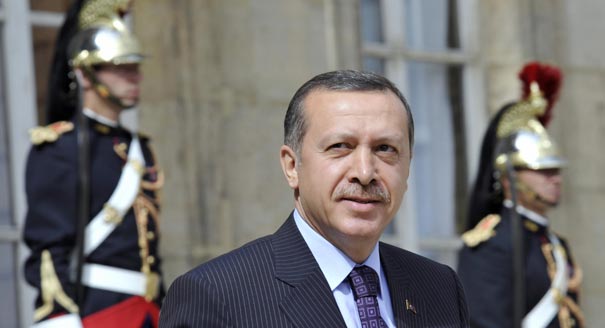On June 12, 2011, Turks gave Prime Minister Recep Tayyip Erdogan a clear mandate for another term in office. Erdogan thus ensured his place in the history books as the most successful politician in the land. He has won three consecutive elections, increasing his share of the total vote each time. The ruling Justice and Development Party (AKP) came to power in 2002 with 34 percent of the national vote. With Erdogan at the helm, the AKP increased this to 47 percent of the vote in the 2007 elections and 50 percent in the 2011 elections.
This electoral victory will also be interpreted as a vindication of the more assertive and ambitious foreign policy that Erdogan and Foreign Minister Ahmet Davutoglu had been championing. The AKP’s foreign policy narrative has become the overriding paradigm for a significant part of Turkish public opinion. It is no coincidence that, in his speech on the evening of the elections, Erdogan chose to speak about Sarajevo, Damascus, Ramallah, and Jerusalem as part of his tour d’horizon. Having received a renewed, strong popular mandate, the government in Ankara will be all the more comfortable in its role as a regional power.






